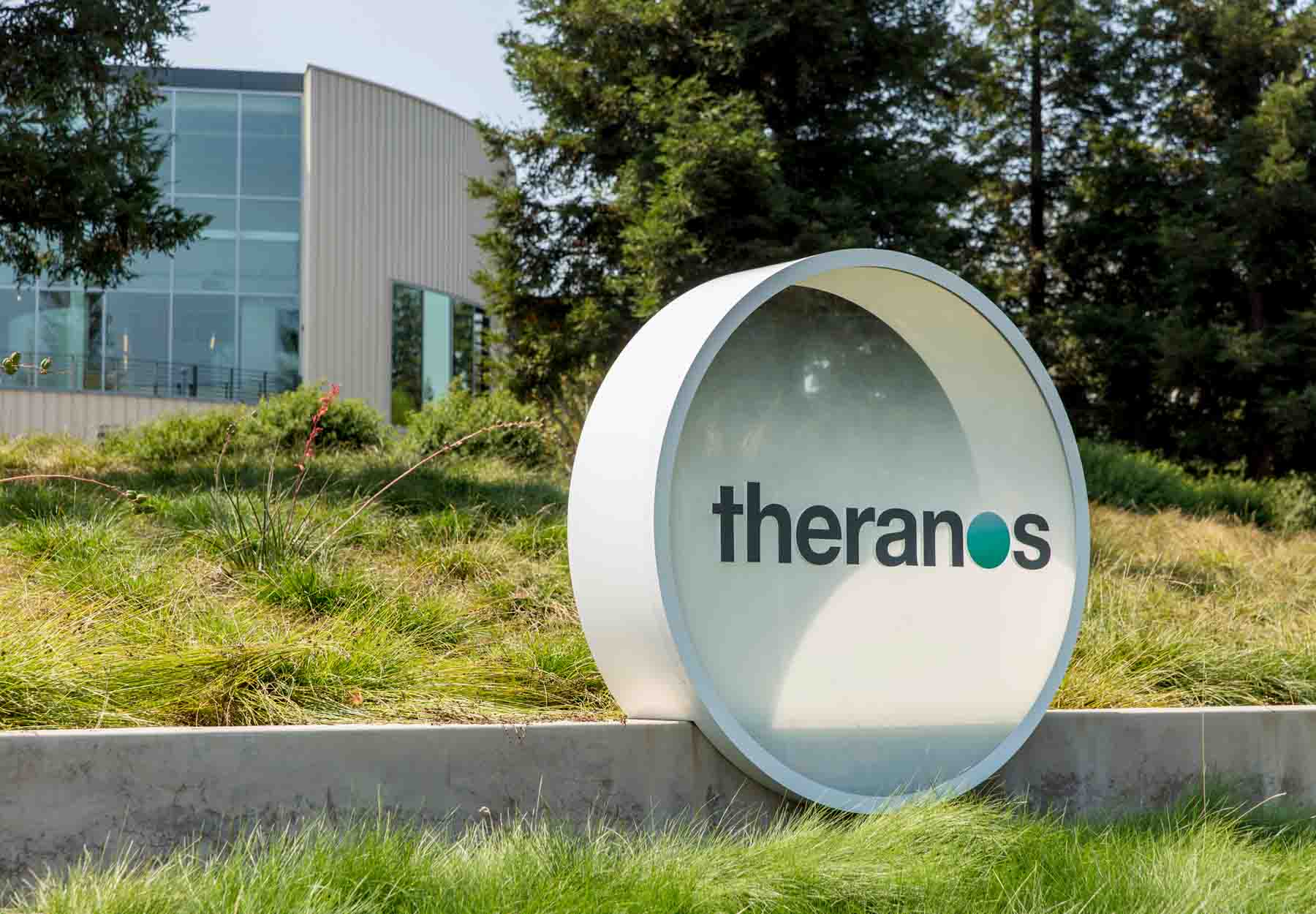Holmes Can’t Use Out-of-Court Statements by Theranos Co-Founder Balwani as Evidence
Case: Former Theranos founder Elizabeth Holmes and former president Ramesh “Sunny” Balwani are facing federal criminal charges for wire fraud and conspiracy. But Balwani’s trial isn’t scheduled to start until Holmes’ trial ends. As a result, Balwani invoked his Fifth Amendment right against self-incrimination to avoid having to testify as a defense witness for Holmes. And since Balwani wasn’t available, Holmes’ lawyers asked the court to admit the statements he made to the US Securities Exchange Commission (SEC) about his role in the Theranos scheme during a deposition in 2017. The California federal court refused the request. Significance: The denial is based on a technical law governing when out-of-court statements made by a witness who’s not available to testify in a federal trial can be used as evidence in the case. The upshot of the ruling is its practical impact on the case. Having been denied the opportunity to cross examine and pin the blame on Balwani, the defense attorneys had to rely on Holmes’ personal testimony to build its case. Having defendants testify on their own behalf in a criminal case is a risky strategy and it remains to be seen whether the gamble will pay off [United States […]

Subscribe to view Essential
Start a Free Trial for immediate access to this article